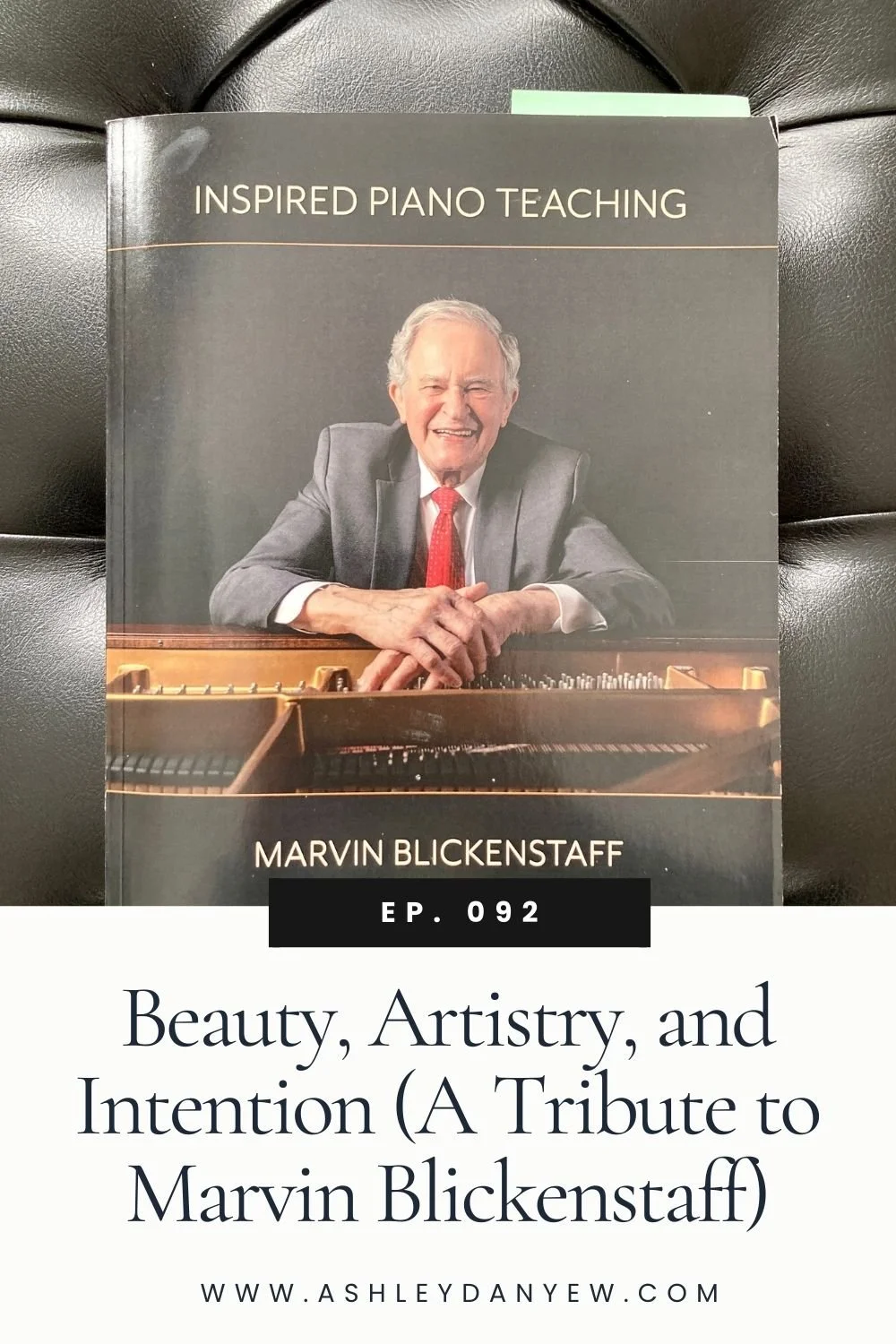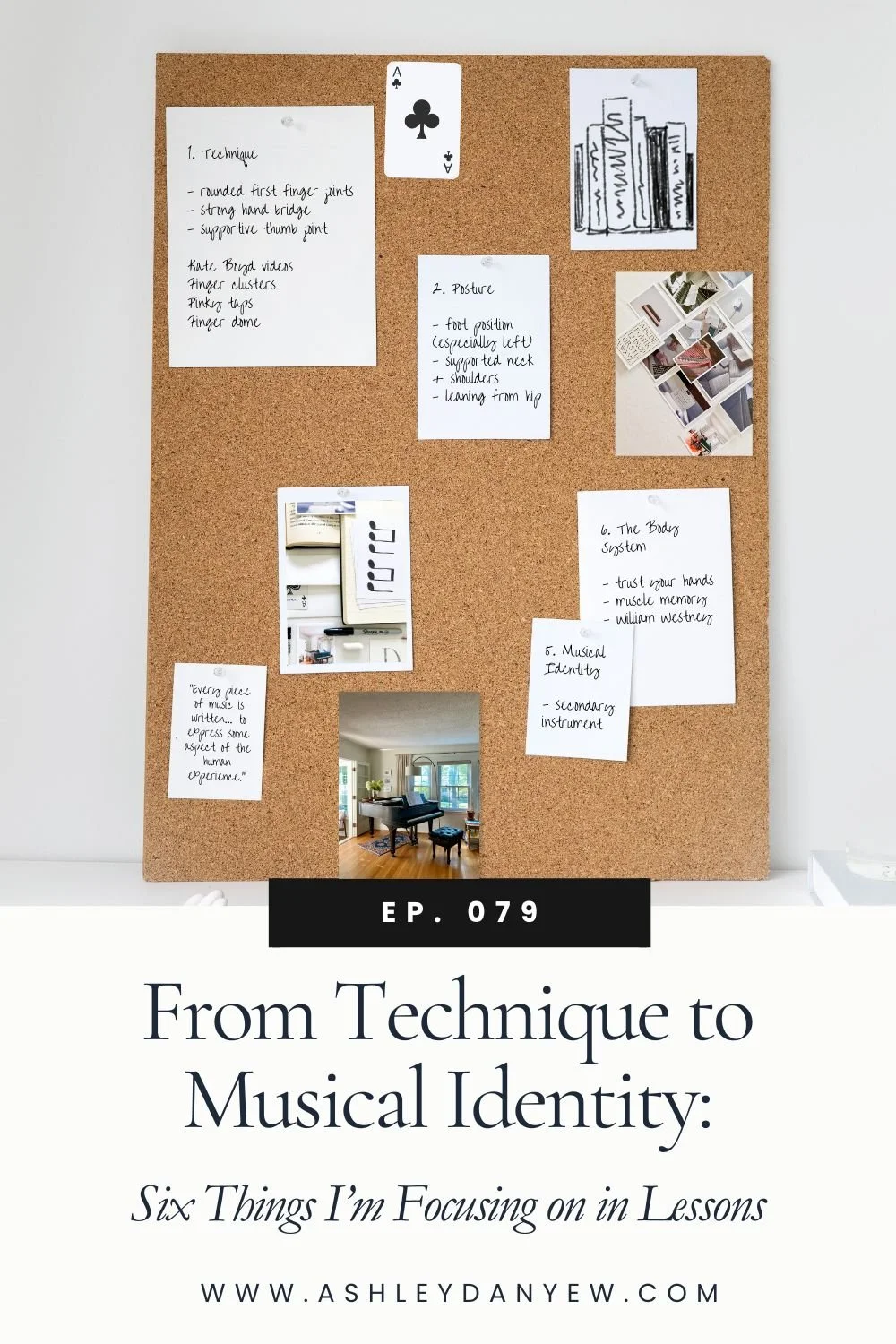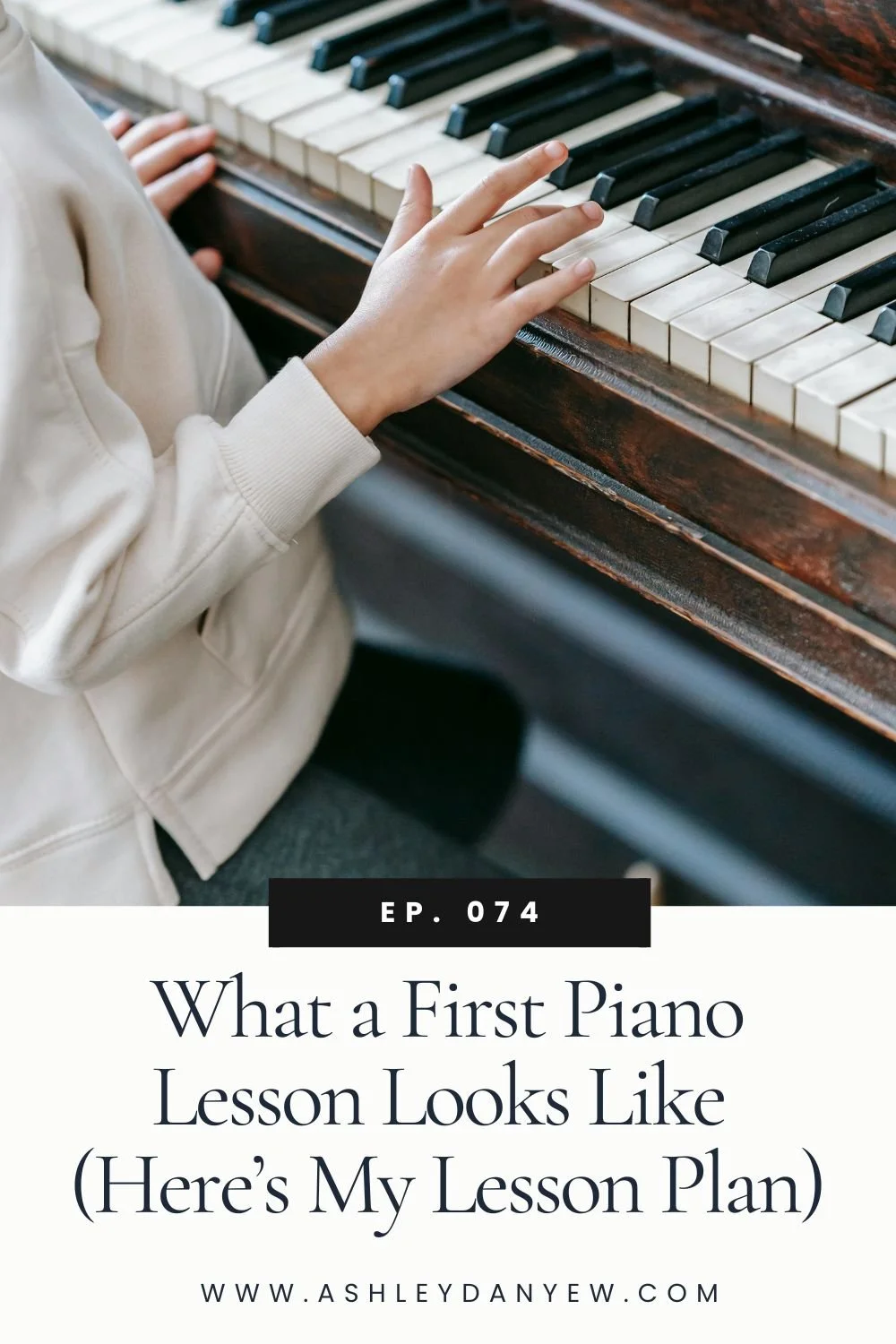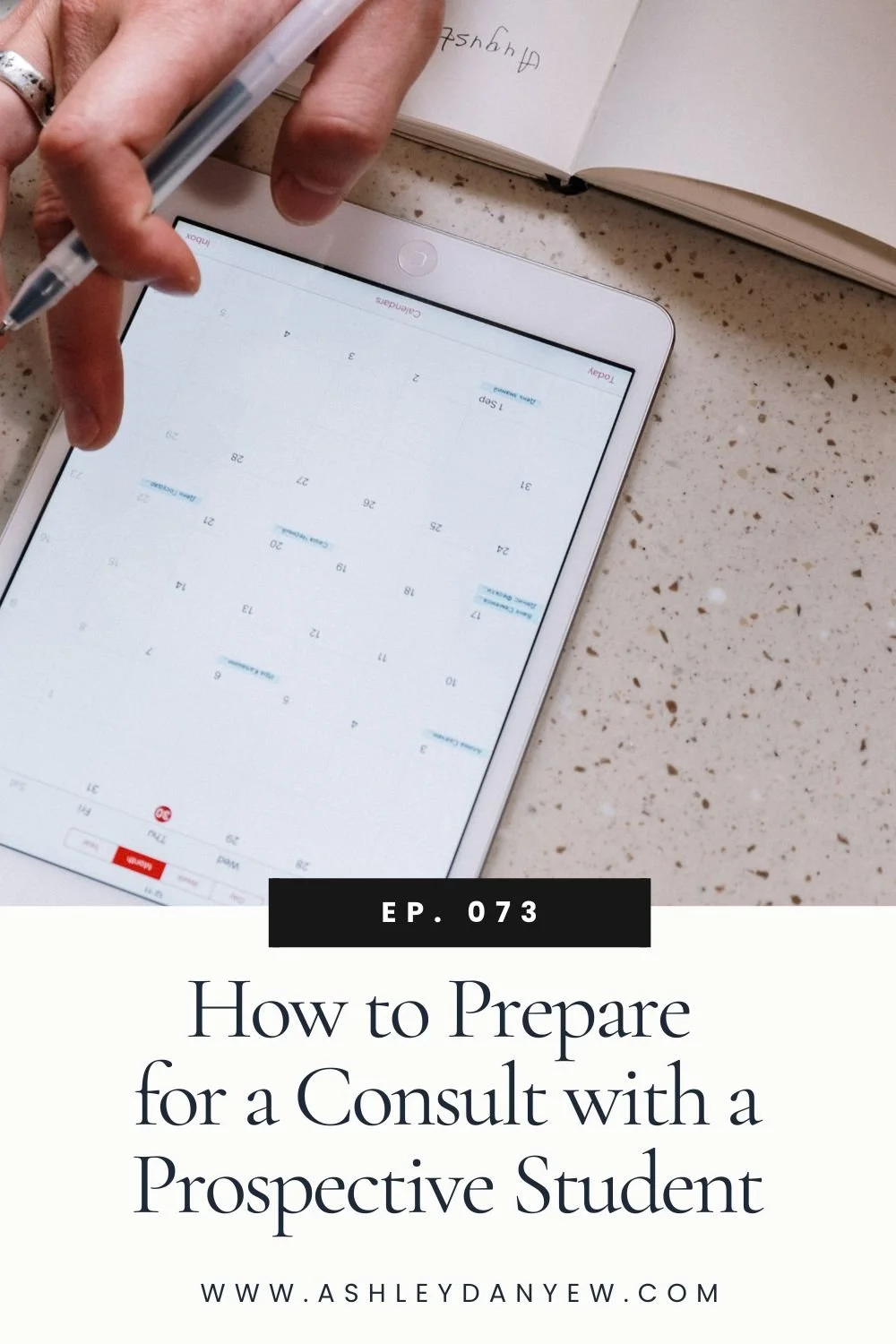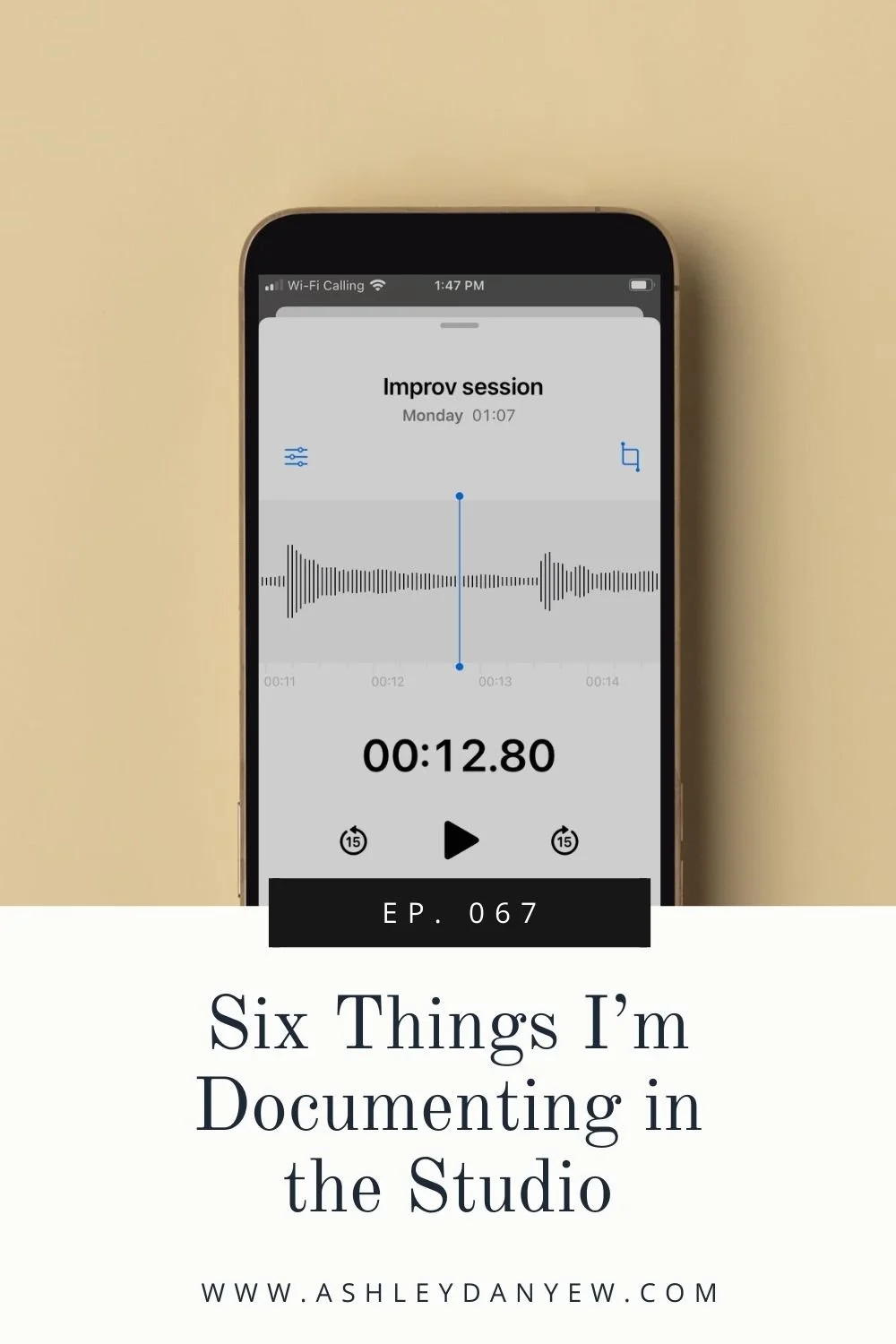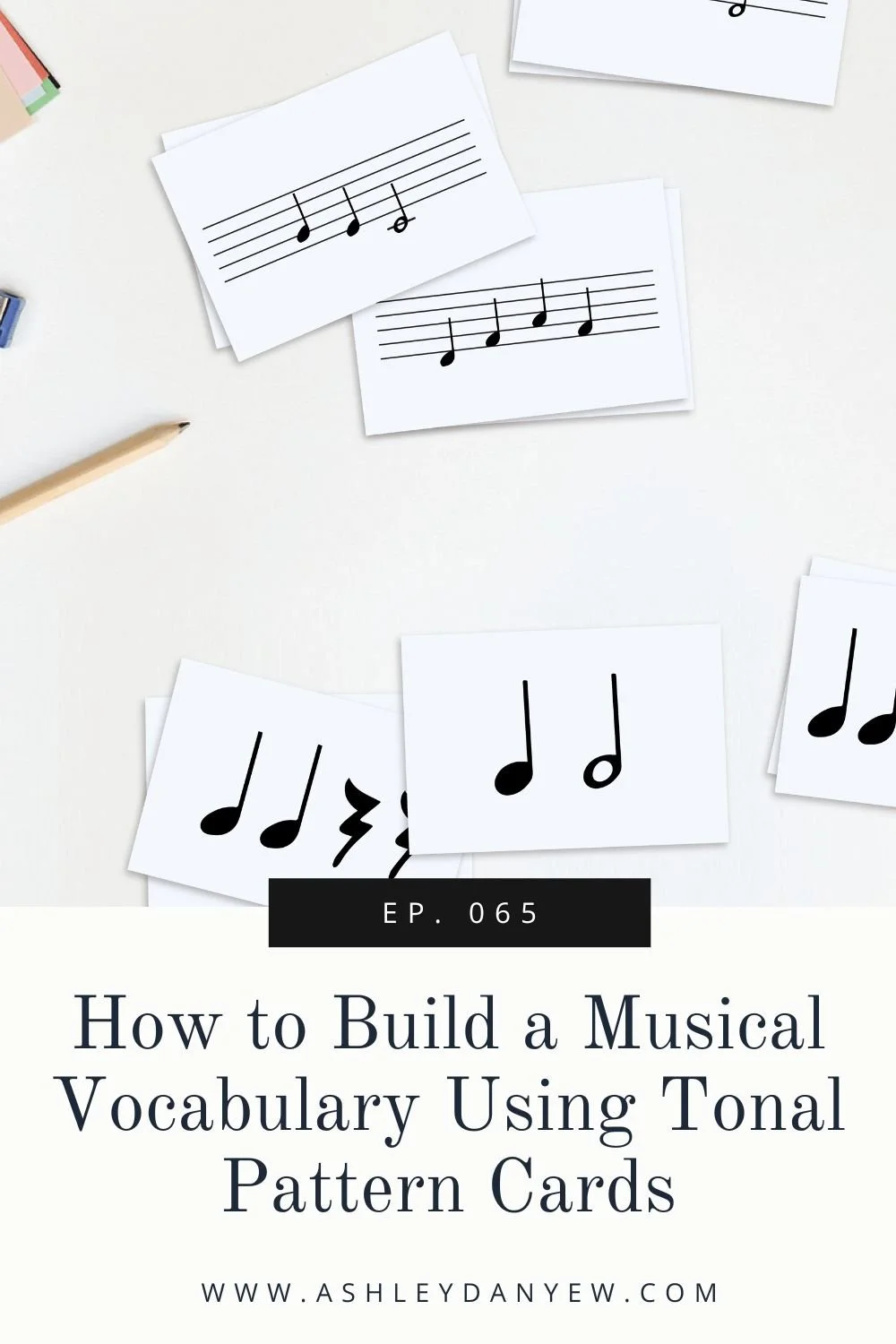Related Resources
*Disclosure: I get commissions for purchases made through some of these links.
"Praise and the Instructional Process” in The Journal of Classroom Instruction by Edmund T. Emmer
“Elementary Students’ Preference for Teacher Praise” in The Journal of Classroom Instruction by Paul C. Burnett
“Student Interpretations of Teacher Verbal Praise in Selected Seventh- and Eighth-Grade Choral Classes” in Journal of Research in Music Education by Ouida Taylor
Mindset: The New Psychology of Success by Carol S. Dweck
“Stop Saying, ‘You’re So Smart!’ 3 Better Ways to Praise Kids” in HuffPost by Renee Jain
In the last few years, I’ve spent some time reflecting on how best to encourage and motivate my students to continue learning on their own. I started thinking about how I give praise and offer words of encouragement.
"Is there a way to do this that promotes learning?” I wondered to myself. "How can we use our words to foster the development of intrinsic motivation and a positive self-image in those we teach?"
Think of a time when someone praised you for something you achieved or shared a word of encouragement. How did it make you feel? What do you remember about those moments?
Maybe you felt appreciated or valued.
Maybe those words inspired you to keep going, to learn more, to challenge yourself to achieve greater things.
Maybe you remember feeling special or proud of yourself.
Praise is a powerful tool and one that we as educators can use to equip and empower those we teach. We can use praise to inspire creativity, cultivate the pursuit of excellence, and celebrate milestones. And we can use it to motivate learners to keep moving forward and keep exploring.
Learning is a lifelong process, after all.
“Praise is a powerful tool and one that we as educators can use to equip and empower those we teach.”
But I think we’ve all experienced what we call “empty praise” — words that sound encouraging but don’t leave us feeling inspired, uplifted, motivated, or proud of our accomplishments. Is it simply a lack of intentionality that makes the difference?
I set out to discover more.
I did a little research on this topic and today, I want to share a few simple ways we can offer praise with intention — those meaningful words that inspire, encourage, and motivate others — and 12 practical phrases you can use in your teaching and tailor to your students.
How to Use Praise with Intention
One of the primary things I discovered in my research on praise was the importance of giving the right kind of praise and being intentional and strategic with how and when to use it.
In “Praise and the Instructional Process,” an article published in The Journal of Classroom Instruction, Edmund T. Emmer described praise as “a form of feedback that conveys information about the correctness or appropriateness of answers and other behaviors, as well as information about the teacher’s positive regard for the behaviors.”
There’s a teacher-approval component of praise that I don’t think we always recognize.
This kind of praise requires some thought and intention on our part, but the result is our words have much more staying power with our students. They can really make a difference in their learning process and in their sense of self.
“[Praise is] a form of feedback that conveys information about the correctness or appropriateness of answers and other behaviors, as well as information about the teacher’s positive regard for the behaviors.”
One other thing worth noting? Researcher Ouida Taylor observed that “praise does not mean the same thing to all students.” It’s important to consider not only our intention with offering praise but also how it may be interpreted and received by our students.
Five Things I Learned About Praise
Here are five things I learned about praise:
No. 1 - Strive to give immediate praise that is genuine and specific.
No detail is too small here! Zero in on something ultra-specific and you’ll be able to give praise that's more unique to the individual and the given situation. This kind of praise is often the most well-received and the most meaningful in the long run.
No. 2 - praise effort or behavior and developing skills, rather than intelligence.
Some researchers have advocated for praising effort, and, side note: in an interesting research study published in The Journal of Classroom Instruction in 2001, Paul C. Burnett found that the majority of elementary students actually preferred to be praised for their effort.
But Edmund Emmer argued that praising effort alone may actually have a negative effect on a student’s motivation and sense of ability.
Instead, Emmer posited, “The most effective praise strategies . . . appear to be ones that emphasize the student’s increasing skills and competence, while providing feedback about areas for additional learning. Such praise should down-play the student’s expenditure of effort unless a high degree of mastery is also apparent.”
As such, perhaps we as teachers can find ways to communicate that we recognize a student’s effort and hard work and acknowledge the growth and competence in a particular area.
No. 3 - use praise to highlight an observation or something you noticed vs. as an evaluation.
Sometimes it’s nice to acknowledge something you see (or hear!) without turning it into a feedback moment. Say, “I noticed the way you shaped that phrase and the musical decisions you were making” or comment on a detail in the music or performance that may otherwise go unnoticed.
No. 4 - Praise the process or approach rather than the person.
Researcher Dr. Carol Dweck determined that the way we praise children can change the way they think about themselves and approach learning in the future.
In a HuffPost article, author Renee Jain explained, “[Praise] can affect their mindset and, in turn, their propensity to take on challenges, persevere and succeed” (source). To promote a growth mindset in those you teach, praise the process or approach they took to meet and overcome a challenge.
Here’s an example:
Fixed Mindset:
"You sang that piece from memory — you are so smart!"
Growth Mindset:
"You sang that piece from memory — you worked so hard to be able to do that and now you can! Congratulations!"
Do you hear the difference?
The fixed-mindset statement praises the person and, more specifically, their intelligence. This sends the message that what they were able to do or accomplish is based on something inherent — a natural gift or ability, something that comes easily to them.
The growth-mindset statement praises the process and, more specifically, the grit and perseverance it took to achieve something or overcome a challenge.
No. 5 - Offer praise only when merited (so that students don’t become dependent on it).
In her HuffPost article, Renee Jain noted that “psychologist Wulf-Uwe Meyer found that only children under the age of seven accept praise at face value; older children are just as suspicious of praise as adults” (source). Choose those moments when you can praise something specific — something out of the ordinary or unexpected — where you can be really intentional about highlighting a student's particular process or effort.
As you can see, there’s a lot more to offering praise or an encouraging word than we might think.
Okay, so we know that choosing our words with intention and thoughtfulness can foster learning and motivation. But what to say? Here are 12 super-practical, Mad Libs-style phrases that you can use in your teaching:
12 Ways to Offer Praise & Encouragement
I saw how closely you were watching me and following along that time.
I know how much you practiced that tricky rhythm and your hard work really paid off!
I could see that you were really singing with your heart.
It makes me smile when you __________.
You all did such a great job lining up on your own and staying quiet as we walked in. Thank you for taking responsibility and working together!
You have really grown in __________ [ability/area].
I am so proud of the effort you put into learning this new piece. How does it make you feel?
Your ‘ah’ vowel was beautiful at the end! I’m very proud of your hard work, and you should be, too.
I like how you took the time to mark that in your music.
You’ve worked really hard at __________. How do you feel?
Thank you for all the time you put into learning and preparing this anthem.
I love the way you approached that sight-reading exercise. You took the time to figure out the key and meter, think it through, and plan the sound.
What are your favorite phrases for offering genuine praise and encouragement to someone you teach? I hope this episode and this list of phrases inspires you to offer some specific and genuine words of praise and encouragement in the coming weeks and months and be intentional about how you offer praise to your students this year.
Does this resonate with you? If so, let me know in the comments below.
Sources
Burnett, P. C. (2001). “Elementary Students’ Preference for Teacher Praise.” The Journal of Classroom Instruction, 36(1), pp. 16-23. Retrieved from https://www.jstor.org/stable/23870540
Emmer, E. T. (1987-1988). "Praise and the Instructional Process.” The Journal of Classroom Instruction, 23(2), pp. 32-39. Retrieved from https://www.jstor.org/stable/23869257
Jain, R. (2014). “Stop Saying, ‘You’re So Smart!’ 3 Better Ways to Praise Kids.” HuffPost. Retrieved from https://www.huffpost.com/entry/praising-kids_b_5272483
Taylor, O. (1997). “Student Interpretations of Teacher Verbal Praise in Selected Seventh- and Eighth-Grade Choral Classes.” Journal of Research in Music Education, 45(4), pp. 536-546. Retrieved from https://www.jstor.org/stable/3345421



